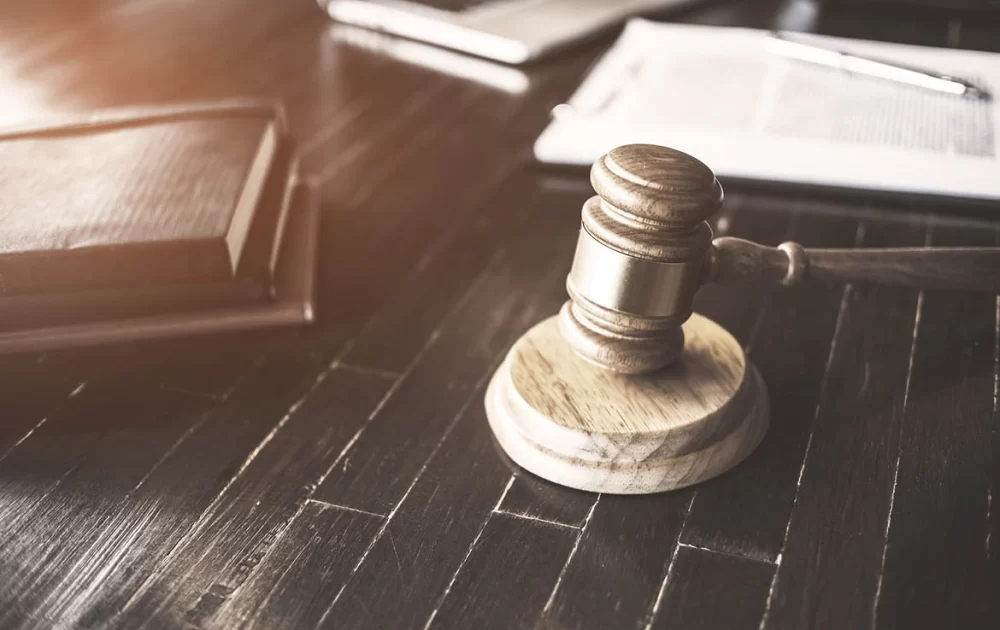- Understanding Conspiracy Charges
- Legal Elements of Conspiracy
- Importance of Early Criminal Defense
- Common Defense Strategies in Conspiracy Cases
- Real-Life Cases and Lessons
- Role of Experienced Defense Lawyers
- How to Proceed If Facing Conspiracy Charges
1. Understanding Conspiracy Charges
Conspiracy charges involve accusations that an individual knowingly agreed with others to commit a criminal act. Unlike charges based on the actual commission of a crime, conspiracy focuses on the agreement and intent to engage in illegal activity. This distinction makes conspiracy cases particularly complex and demanding in legal defense.
People often misunderstand conspiracy charges, assuming they require direct involvement in the crime. However, the law typically only requires proof of an agreement and intent, which means even preliminary discussions or planning could lead to serious charges.
1.1 What Constitutes Conspiracy?
Conspiracy generally involves two or more parties agreeing to commit a crime and taking some overt step toward that goal. This can include planning, coordinating, or preparing actions, even if the crime itself is never completed. This legal nuance means that individuals can face harsh penalties based on their association and intentions.
1.2 Common Crimes Associated with Conspiracy Charges
Conspiracy charges often arise in cases involving drug trafficking, fraud, organized crime, terrorism, or white-collar crimes. The broad scope of conspiracy statutes makes understanding your rights and defenses essential if accused.
2. Legal Elements of Conspiracy
To successfully prosecute conspiracy charges, the prosecution must prove three fundamental elements beyond a reasonable doubt: agreement, intent, and an overt act. Understanding these elements is critical for mounting a strong defense.
2.1 Agreement Between Parties
The core of conspiracy is an agreement to commit a crime. This agreement need not be formal or written; even implicit understandings can suffice if supported by evidence.
2.2 Intent to Commit a Crime
The prosecution must show that the defendant intended to participate in the unlawful plan. Without clear proof of intent, a defense can argue lack of knowledge or involuntary involvement.
2.3 Overt Act Toward the Crime
Many jurisdictions require an overt act—any step taken to advance the conspiracy—such as purchasing equipment or making phone calls. The overt act shows the plan moved beyond mere discussion.
3. Importance of Early Criminal Defense
Early intervention by a skilled criminal defense attorney is crucial when facing conspiracy charges. The complexity of these cases means that timely legal advice can prevent missteps, protect rights, and build a robust defense strategy.
For example, an early lawyer consultation can guide you on what to say to law enforcement, how to preserve evidence, and how to navigate interrogations. Delays or poor decisions early on can seriously undermine your case.
3.1 Protecting Your Rights Immediately
Right from arrest or investigation, knowing your rights and exercising them effectively can impact the course of the case. This includes the right to remain silent and the right to legal counsel.
3.2 Gathering Evidence and Witnesses
Early defense efforts often focus on collecting evidence that disproves conspiracy elements, such as lack of intent or absence of agreement, and identifying witnesses who can corroborate your version of events.
4. Common Defense Strategies in Conspiracy Cases
Defending conspiracy charges requires nuanced approaches tailored to the facts. Some commonly employed strategies include challenging the existence of an agreement, disputing intent, and questioning the credibility of evidence.
4.1 Denying the Agreement
One effective defense is proving that no actual agreement occurred, emphasizing that mere association or conversation does not equal conspiracy. Without clear proof, the prosecution’s case weakens significantly.
4.2 Lack of Intent
Defense may argue the defendant was unaware of the criminal plan or was involuntarily involved, negating the required intent element.
4.3 Questioning the Overt Act
If the prosecution fails to demonstrate an overt act, or if the act was innocent or unrelated, the conspiracy charge may be dismissed or reduced.
5. Real-Life Cases and Lessons
Consider the high-profile case of United States v. Smith, where the defendant was accused of conspiring to distribute illegal substances. The defense successfully demonstrated lack of intent and coerced involvement, leading to acquittal. Cases like this highlight the importance of personalized defense strategies.
Stories like these show that no two conspiracy cases are identical, and the nuances often determine outcomes. They emphasize the importance of professional legal support to tailor defenses based on unique circumstances.
6. Role of Experienced Defense Lawyers
Experienced criminal defense lawyers specializing in conspiracy cases bring critical expertise to the table. They understand evidentiary rules, procedural protections, and negotiation tactics that can mitigate charges or secure favorable plea deals.
Such lawyers evaluate every detail, from how evidence was obtained to the reliability of prosecution witnesses, ensuring that your rights are vigorously defended.
6.1 Strategic Case Analysis
Lawyers assess strengths and weaknesses in the prosecution’s case, crafting arguments that protect clients from unjust convictions.
6.2 Negotiating with Prosecutors
In some instances, skilled lawyers negotiate reduced charges or alternative resolutions, saving clients from lengthy trials and harsh penalties.
7. How to Proceed If Facing Conspiracy Charges
If you or a loved one faces conspiracy charges, immediate legal consultation is imperative. Avoid self-incrimination, stay silent until speaking with a lawyer, and gather any relevant documentation or information about the case.
For tailored advice and skilled representation, consider contacting experts like Fred Miller Lawyer, who specialize in criminal defense for individuals facing charges of conspiracy and provide comprehensive support throughout the legal process.
7.1 Protecting Yourself from Further Legal Risks
Following legal guidance carefully can prevent unintentional statements or actions that might worsen your situation.
7.2 Building a Strong Defense Team
Engaging a legal team early helps ensure thorough investigation and effective defense tactics, significantly increasing the chances of a favorable outcome.


 pratcher krayer
pratcher krayer laub and laub
laub and laub tax attorney vancouver wa
tax attorney vancouver wa hach and rose
hach and rose lj law
lj law the wilhite law firm
the wilhite law firm